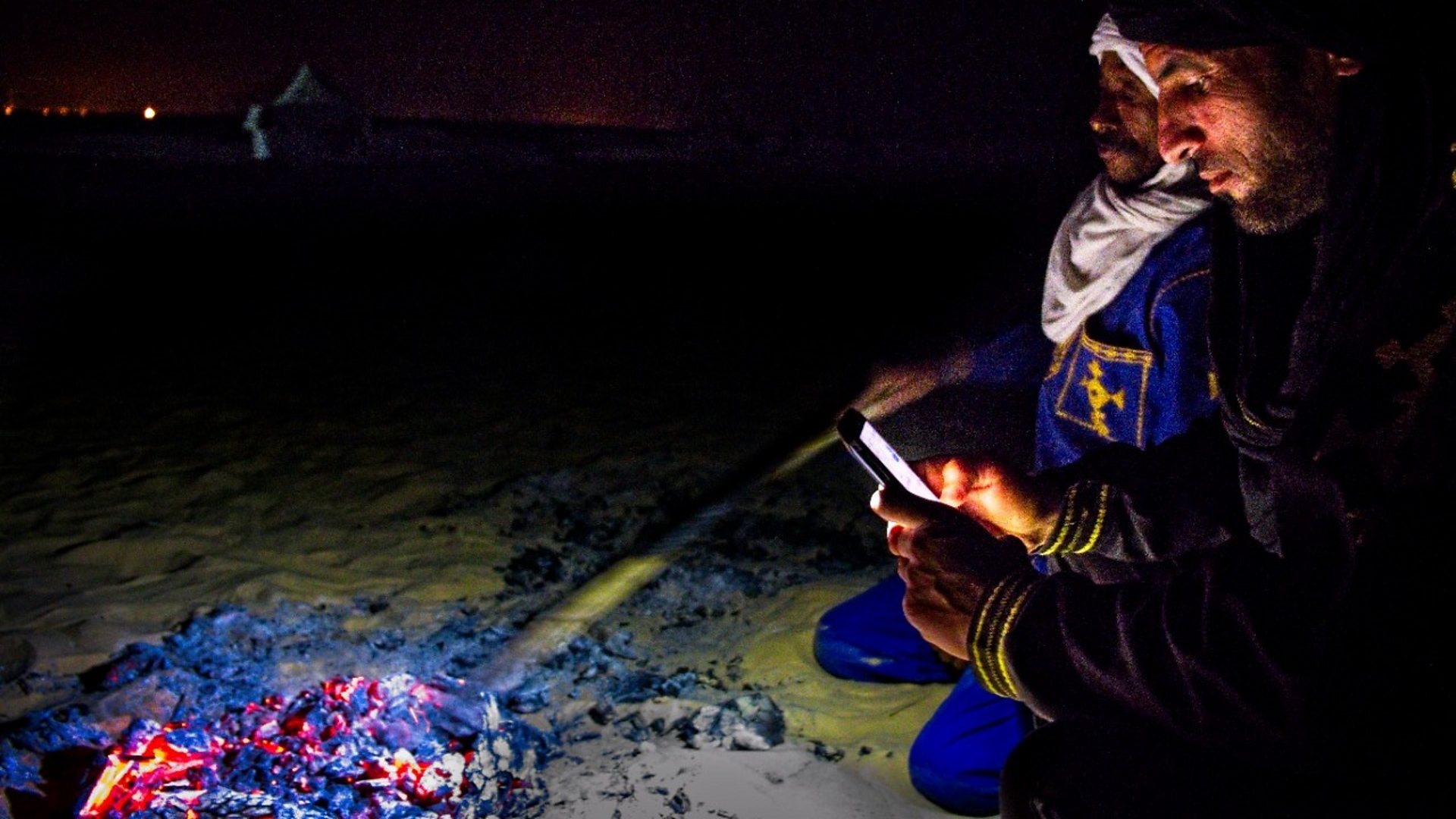BBC Media Action, in partnership with UNDP, conducted a study to better understand how Libyans engage with information online — and how disinformation affects everyday life.
A Growing Threat in the Digital Age
False and misleading information has long been part of public discourse. But with increased access to digital platforms and changing media habits, the spread of disinformation is happening at unprecedented speed and scale.
Today, many people are not only consuming but actively sharing information — often as part of how they form their identities and take part in public life. In fragile or polarised contexts, this dynamic can do real harm.
In 2022, the United Nations General Assembly highlighted the “alarmingly growing scale, speed and reach” of disinformation. More recently, the UN Secretary-General warned that “the spread of hatred and lies online is causing grave harm to our world.”
Libya: A Polarised and Fragile Information Space
In Libya, the collapse of central authority in 2011 led to a media vacuum. Social media platforms — especially Facebook — filled this gap, becoming the primary source of news for millions.
With over four million users, Facebook is now more influential in Libya than any other media platform. But it has also become a space where politicians, armed groups and foreign actors have sought to shape narratives, discredit opponents, and sow confusion.
The result is an information environment marked by deep division and growing distrust. Independent journalism remains limited. Threats against media workers are common. People often lack the tools — and trusted sources — to navigate the complex landscape of news and information.
What the Research Tells Us
Between November 2023 and January 2024, BBC Media Action undertook research to understand how Libyans access, share and evaluate information — and what makes them more or less vulnerable to mis- and disinformation.
The research involved:
- A review of long-term disinformation trends (2014–2023)
- Focus group discussions with 46 participants
- A national survey of 657 people from across Libya
Key Findings
1. Media Use Has Shifted Sharply Towards Digital Platforms
- 97% of Libyans now use social media to access news and current affairs
- 85% use online news websites; 83% use messaging apps
- TV remains widely used (82%), particularly among older adults
- Younger adults (18–34) rely more heavily on digital platforms, while older people are more likely to mix online and traditional sources
2. Public Trust in Media Is Limited
- Only 9% of respondents fully trust news content
- Nearly half said they only “moderately” trust the news, while 19% said they don’t trust it at all
- Younger people were more trusting of online sources than older adults
- Women showed greater trust in television, while men expressed more scepticism
Across all groups, people placed high value on news that aligns with their beliefs — but older respondents were more likely to prioritise journalistic standards such as accuracy and impartiality.
3. Disinformation Is Widespread — and Recognised
- 95% of social media users in Libya said they had seen false or misleading content
- Key topics included politics (52%), economic issues (28%), and security (21%)
- Older men were more likely to report engaging with conspiracy theories or impersonation content
- Younger people said they were less exposed, and more likely to avoid engaging with false content
Despite this, over one-third (38%) of all respondents said they had previously shared information that turned out to be false.
4. People Are Trying to Verify — But Need Support
- Most people (76%) say they actively consider whether information is true
- 53% said they had deliberately chosen not to share content they believed was false
- The most common methods of checking include:
- Searching across multiple sources (32%)
- Asking friends or family (32%)
- Consulting a specific trusted outlet (23%)
Yet 24% of people prioritised speed over accuracy when sharing. And while many expressed confidence in their own ability to spot false content, fewer felt that others were able to do the same.
What Can Be Done?
The findings underline the need for long-term strategies that go beyond fact-checking. Building resilience to disinformation means strengthening public trust, improving access to credible information, and equipping people with the skills they need to navigate digital spaces.
Recommendations
For donors and international organisations:
- Invest in long-term monitoring to understand how disinformation evolves
- Support independent, public-interest journalism in Libya
- Fund media literacy programmes that help people build critical thinking skills
For media organisations:
- Be transparent about editorial standards to build audience trust
- Include digital literacy content in news outputs
- Collaborate with tech platforms to identify and respond to online manipulation
For civil society and local actors:
- Deliver community-based media literacy programmes
- Support local fact-checking organisations
- Engage young people and students with practical workshops and peer-led learning
Why This Matters
In a fragmented and fragile context like Libya, information matters. It shapes how people make decisions, relate to one another, and imagine their futures.
By helping to build stronger information systems — and more informed and resilient audiences — this work aims to support social cohesion, democratic participation and peacebuilding.
Explore the full findings in our interactive research dashboard


